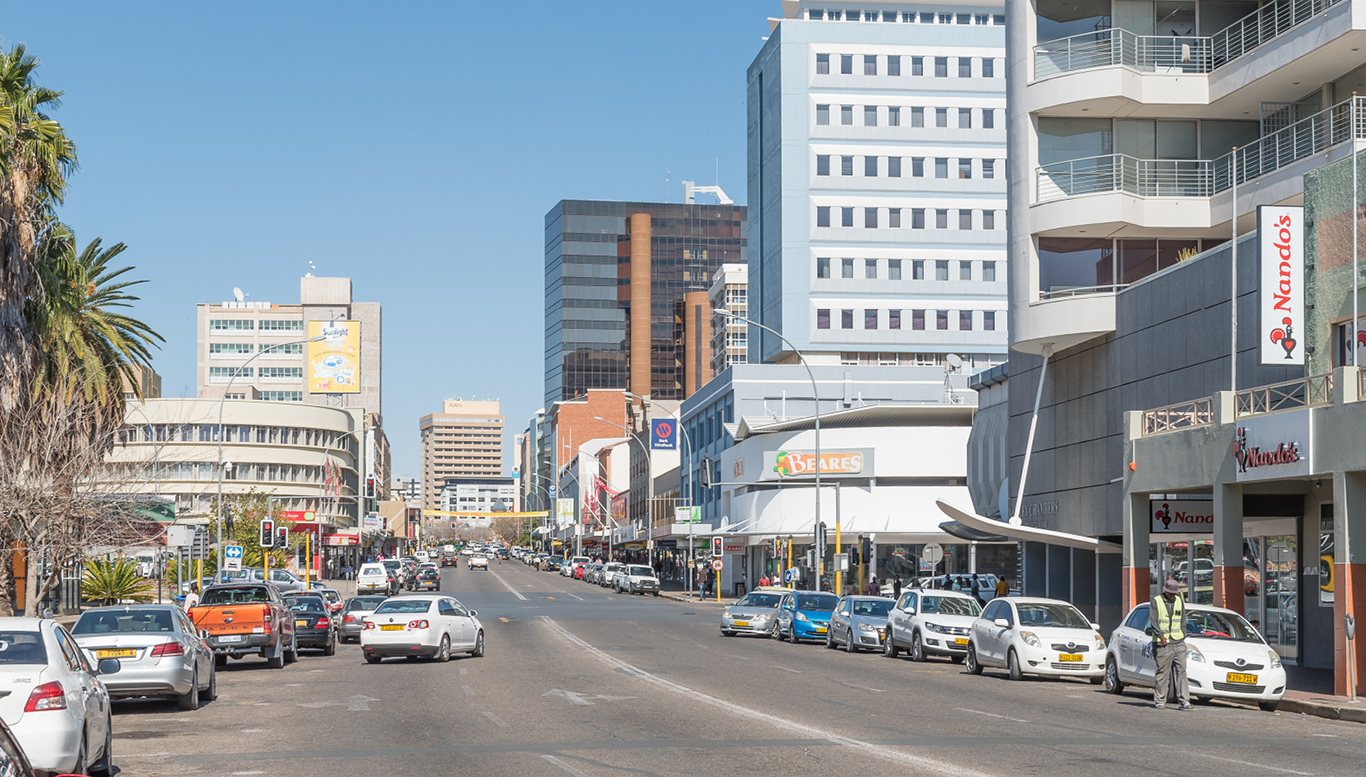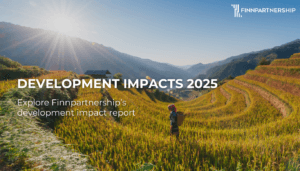Molok Venturing onto the African Market through Namibia

A Namibian waste management company has started using and manufacturing Molok’s Deep Collection waste system. With Team Finland’s help, Molok now has the rest of southern Africa in its sights.
Molok’s submerged waste containers are a familiar sight at collection sites in Finnish towns and roadsides. However, over 70% of the Nokia-based company’s sales come from exports. In Africa, Molok has delivered systems to a handful of individual projects. A major breakthrough in the African market came a few years ago in Namibia, where the country’s largest waste management company, Rent-A-Drum, acquired a licence to use and manufacture Molok’s Deep Collection system.
According to CEO Hannu Jokinen, the possibility of developing waste management services in Namibia had been on the agenda for a number of years as part of the North-South cooperation programme of Finnish local authorities and the Ministry for Foreign Affairs. The work also involved background research carried out by Namibian and Finnish education institutions. “That’s how we first became involved as an operator in this field. We were looking for information on the local business environment and negotiating with a potential partner to determine what kind of cooperation we could have in practice,” says Jokinen.
According to Jokinen, the Team Finland support network for internationalisation has been a great help for them in Namibia. The local Finnish embassy in particular has helped the business build contacts and launch its operation.
Deepening Cooperation
In 2012, Molok received business partnership support from Finnpartnership to fund feasibility studies, business plan development and market research activities in Namibia. “It is crucial to explore the local operating environment and gain an understanding of the market. It is important to know how the market operates and who the key operators are. Finnpartnership’s support was important in these analyses,” Jokinen explains.
Molok has since received further support from Finnpartnership for employee training of its Namibian partner and for further development of the collaboration. “Our activities in Namibia are becoming more and more advanced. Initially, we were focused on fact-finding. Now we have moved onto the second stage, where we will focus on the development of the waste management chain as a whole and on cost-efficient operation.” According to Jokinen, a key aim is to turn waste management in Namibia into a profitable business for all parties and create jobs in the process.
New Jobs from Waste Management
Molok’s Deep Collection system uses a semi-submerged container, which has only 40% of its capacity situated above ground. A hoistable sack made from extra-strong textile is placed inside the main chamber. Waste is deposited underground to protect it from wild animals and inclement weather. The enclosed container also stays cooler, which means less odours. The sack is emptied by hoisting it over the truck bin, and the bottom of the sack is opened by simply pulling on the rope. The main chamber, the largest component of the system, is manufactured in Namibia by Rent-A-Drum. The polyethylene chamber is installed by a local subcontractor. The container covers, hoisting sacks and other components are shipped from Finland.
Rent-A-Drum provides services to local authorities and businesses. Progress in waste management is hindered by limited economic resources in the developing country. “Creating a more advanced waste management service requires efficient collection at minimal cost,” Jokinen points out. Waste sorting and recycling are still in their infancy in Namibia. Currently, the majority of plastic, cardboard and other recyclable materials are taken to South Africa for reuse. “The aim is to create industries in Namibia that could reuse the country’s recyclable waste. This would also create new jobs.”
Future Prospects in Neighbouring Countries
According to Jokinen, Molok is committed to a long-term presence in Namibia. “You should not expect instant gains in Africa. You need to familiarise yourself with the environment and develop your long-term business with a partner.” However, as Jokinen points out, the waste management market has its limits in Namibia, a country of 2.2 million people. “For that reason, we are on a lookout for new markets in the neighbouring countries.” Jokinen is particularly interested in South Africa with its population of 50 million and the continent’s most advanced waste management services. Export opportunities from Namibia to the neighbouring countries are enhanced by the Southern African Customs Union, which provides for free trade between the member states.
Share on social media


